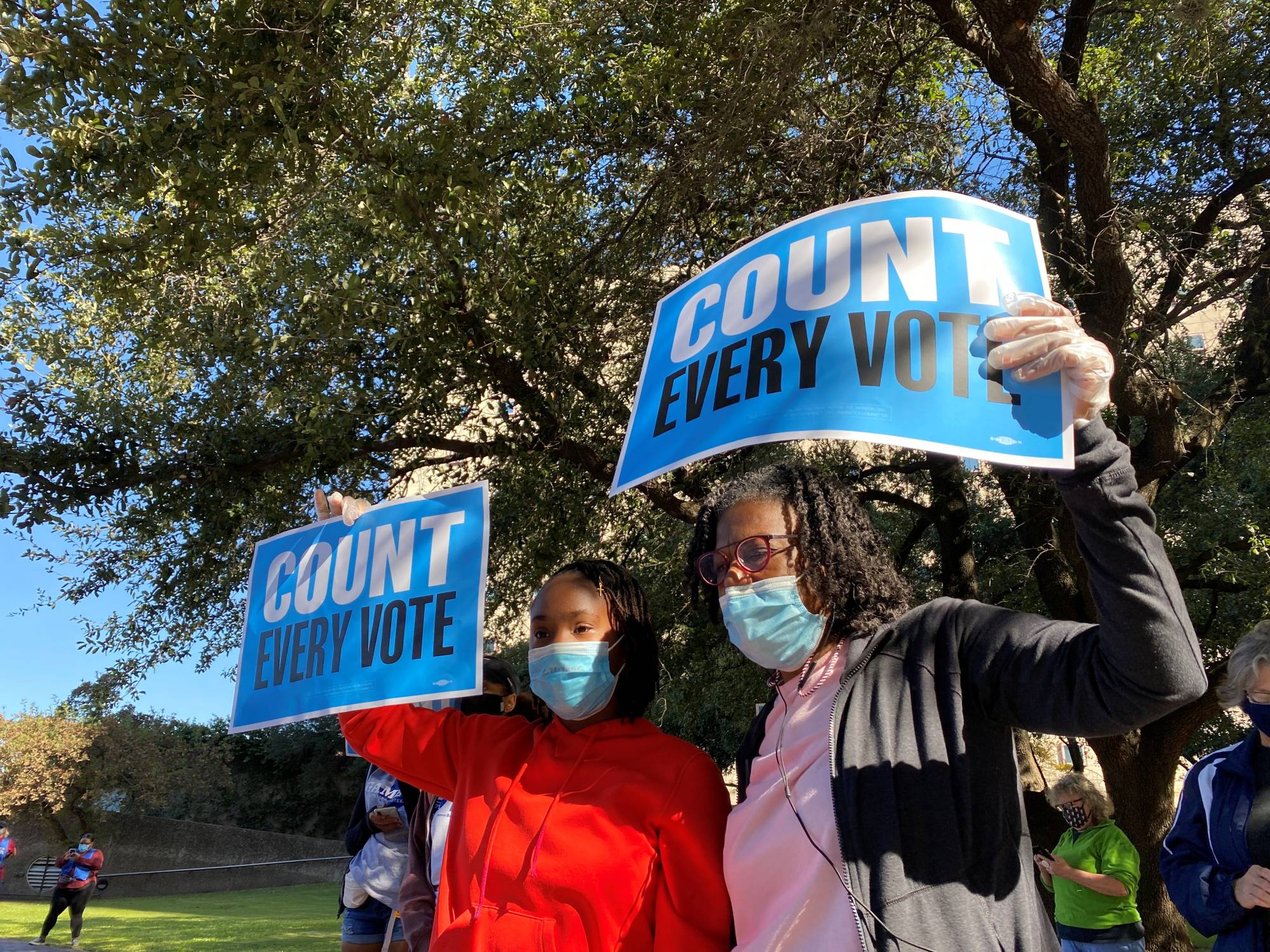The odds that a winner of the U.S. presidential contest wouldn’t be known on election night were high if you went by what the online prediction and betting markets were suggesting. The surge in mail-in and early voting amid the pandemic meant that the chances of knowing whether Donald Trump or Joe Biden won sometime Tuesday night was only about 25% on PredictIt, and still seemed low at about 80% for knowing anything by the weekend. The longer it takes to count ballots, the greater the potential for civil unrest and the results being decided by the courts.
The worst-case scenario is a constitutional crisis that not only divides the country even more, but damages global investor confidence in the U.S. and sets back the economic recovery. Bloomberg Opinion columnists have been covering this issue for months. Here is a sampling of what is at stake in a contested election and how it could play out: A Disputed Election Is Frighteningly Likely: The authors performed 100,000 simulations of every presidential election from 1988 through 2016, and found that the chances that the outcome turns on fewer than 10,000 votes in a single state is 4% under the Electoral College system but only 0.1% under a national popular vote. In other words, the chances that local election officials (or judges) can sway the national result by tossing (or including) a few thousand ballots are 40 times greater with the Electoral College. Think 4% isn’t much? Consider the study’s further conclusion that "the probability that the Electoral College is decided by 20,000 ballots or fewer in a single, pivotal state is greater than 1-in-10.” That’s right: There’s a 10% chance that the vote count in the state on which the national outcome turns will be that close. - Stephen L. Carter


















With your current subscription plan you can comment on stories. However, before writing your first comment, please create a display name in the Profile section of your subscriber account page.